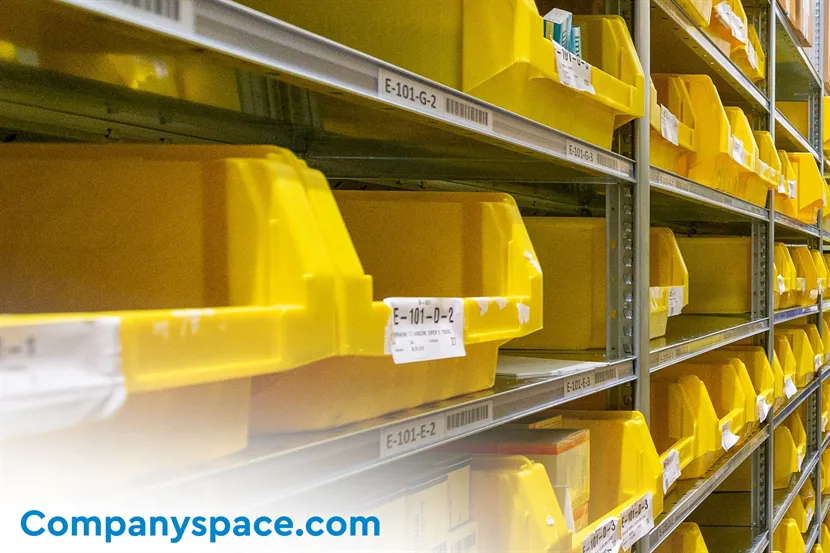Is it legal to repurpose a warehouse?

Is It Legal to Repurpose a Warehouse?
Warehouses, often characterized by their expansive spaces and structural durability, have been the focal point of many repurposing projects in recent years. From chic urban lofts to avant-garde art galleries, these spaces have seen transformations that deviate significantly from their initial utilitarian purposes. However, when delving into such ventures, a looming question persists: Is it legal to repurpose a warehouse?
What Does Repurposing Mean When Doing it for a Warehouse?
Repurposing, in the context of warehouses, refers to the act of transforming a warehouse space from its original function to a completely new one. This could be as drastic as converting an industrial warehouse into residential apartments or as subtle as turning a storage space into a coworking space. The essence of repurposing is to give new life and utility to a structure that might otherwise become obsolete.
How Do You Repurpose Old Buildings?
Repurposing old buildings, including warehouses, requires a blend of creativity, strategic planning, and adherence to regulatory norms. Here's a basic framework:
Assessment: Before initiating any repurposing project, it's essential to carry out a thorough assessment of the building's structural integrity. This includes examining the foundation, checking for potential hazards like asbestos, and evaluating the plumbing and electrical systems.
Vision & Design: Once the assessment phase concludes, the vision for the new space takes shape. Collaborating with architects and interior designers who specialize in adaptive reuse can be invaluable at this juncture.
Legal & Compliance Checks: This is where the legality of the repurposing comes into play. Understanding zoning laws, acquiring necessary permits, and ensuring compliance with local regulations is paramount.
Renovation & Construction: With permits in hand, the actual transformation begins. This phase can vary in complexity depending on the project's scope.
Inspection: After renovations, having the building inspected is crucial to ensure it meets all safety and regulatory standards before it becomes operational.
A case that springs to mind is of a client who successfully repurposed an old warehouse into a sprawling bookstore cafe. By maintaining the warehouse's rustic charm and introducing modern design elements, they were able to create a space that resonates with history while serving contemporary needs.
What is Adaptive Reuse of Buildings?
Adaptive reuse is a term synonymous with repurposing. It pertains to the process of redeveloping buildings for purposes other than which they were initially intended. This sustainable approach in real estate not only conserves architectural heritage but also promotes efficient land use.
The adaptive reuse trend, while not entirely new, has gained momentum in the 21st century as cities grapple with limited space and the need for sustainable development. Warehouses, given their malleable design, often stand at the forefront of these projects.
Legal Considerations in Repurposing Warehouses
When considering the legality of repurposing a warehouse, various factors come into play:
Zoning Regulations: Every region has zoning laws that dictate the allowable uses of properties. If a warehouse is in an industrial zone, repurposing it for residential or commercial use may require a zoning change or variance.
Building Codes: Repurposed buildings need to comply with current building codes, which might differ significantly from when the warehouse was initially constructed.
Historical Designations: If a warehouse has a historical designation, there are usually stringent regulations on what can be altered.
Environmental Concerns: Some old warehouses may have been used to store hazardous materials. Ensuring environmental safety is a legal and ethical mandate before repurposing.
Conclusion
Repurposing a warehouse, or any old building for that matter, is an exciting journey of envisioning possibilities and breathing new life into forgotten spaces. While the potential is vast, the journey is fraught with legal considerations that require meticulous attention. However, with due diligence, the end result can be a harmonious blend of history, functionality, and aesthetic appeal. Whether you're a real estate investor, developer, or enthusiast, understanding the intricacies of adaptive reuse is invaluable in today's evolving real estate landscape.






